




Author: Dr. Garima Bishwas
Yoga 0
Rib pain can be as fleeting as a minor ache or as distressing as a sharp stab that stops you in your tracks. Often mistaken for general chest discomfort, rib pain is a distinct type of pain that arises from issues affecting the bones, muscles, cartilage, or surrounding organs in the ribcage. For women, yoga practitioners, and physiotherapy patients, understanding what rib pain is is key to preventing complications and finding the right approach to healing.
Let’s explore the symptoms of rib pain, its various causes, how it is diagnosed, and the best treatment options available today.
What is rib pain?
Medically, rib pain refers to discomfort or pain originating from the rib cage area, including the bones, cartilage, and muscles that surround and protect your lungs and heart.
While chest pain may be linked to the heart or lungs, rib pain is typically more local. It may worsen with movement, breathing, or touch. If you're wondering what rib pain is, it’s essentially any pain that seems to come directly from the rib area rather than deep inside the chest cavity.
This type of pain can range from a dull ache to intense stabbing sensations and may interfere with daily activities like deep breathing, bending, or lifting.
Common Symptoms of Rib Pain
Understanding the symptoms of rib pain can help in early recognition and treatment. Here are the most common signs:
-
Sharp, dull, or throbbing pain in the rib cage, either on one or both sides
-
Pain while breathing, coughing, or sneezing – especially during deep breaths
-
Tenderness or swelling around the ribs when touched
-
Difficulty sleeping or sitting upright, particularly when pain is persistent or worsens at night
These symptoms of rib pain may develop gradually or suddenly depending on the underlying cause.
What Causes Rib Pain?
Let’s break down the primary cause of rib pain into three broad categories:
a. Injury-Related Causes
Physical injuries are one of the most common causes of rib pain, especially in active individuals, athletes, or during pregnancy (due to posture changes and rib expansion).
-
Bruised or fractured ribs: Often caused by falls, car accidents, or direct trauma.
-
Muscle strain: Overstretching or tearing of muscles between the ribs during exercise or heavy lifting.
-
Costochondritis: Inflammation of the cartilage connecting ribs to the breastbone; common among women and postpartum mothers.
b. Medical Conditions
Some internal medical conditions may radiate pain to the rib area:
-
Pleurisy: Inflammation of the lining around the lungs, causing sharp rib pain during breathing.
-
Pulmonary embolism: A blood clot in the lung, often accompanied by chest pain and shortness of breath.
-
Shingles: A viral infection that affects nerve pathways, causing burning rib pain on one side.
-
Gallbladder or gastrointestinal issues: Sometimes rib pain is referred from digestive organs like the gallbladder or colon.
c. Lifestyle Factors
Daily habits and postural issues can also be a hidden cause of rib pain:
-
Poor posture: Sitting or standing incorrectly, especially over long hours, stresses the rib cage.
-
Overexertion during exercise: Overdoing stretches or yoga poses without proper warm-up.
-
Persistent coughing: Often seen in bronchitis or asthma, excessive coughing strains rib muscles and joints.
Whether from a fall, a virus, or poor ergonomics, identifying the exact cause of rib pain is crucial for targeted treatment.
When to See a Doctor for Rib Pain
While minor rib aches may resolve on their own, certain symptoms should never be ignored:
-
Difficulty breathing or catching your breath
-
Chest tightness or pressure
-
Fever along with rib pain
-
A known trauma or accident
-
Pain that persists beyond a few days or worsens
If you experience any of these red flags, consult a healthcare provider promptly. Early diagnosis can prevent complications, especially in conditions like pulmonary embolism or fractured ribs.
Diagnosis: How Doctors Find the Cause
Diagnosing rib pain involves a step-by-step evaluation:
-
Physical exam: The doctor will palpate your ribs and ask about the nature of your pain.
-
Imaging tests: X-rays, CT scans, or MRI may be ordered to identify fractures, cartilage inflammation, or internal conditions.
-
Blood tests: To check for infections or autoimmune responses that may cause rib inflammation.
-
Electrocardiogram (ECG): Helps rule out cardiac causes, especially if pain is near the chest center.
Accurate diagnosis ensures that the treatment of rib pain is effective and safe.
Treatment Options for Rib Pain
The treatment of rib pain depends on the root cause. Here's how it is generally approached:
a. Home Remedies and First Aid
Mild to moderate cases of rib pain can often be managed at home:
-
Rest: Avoid activities that worsen the pain.
-
Ice or heat therapy: Ice helps reduce inflammation, while heat relaxes muscles.
-
Over-the-counter pain relievers: Medications like ibuprofen or acetaminophen provide relief.
Practicing gentle yoga stretches under guidance can help once acute pain subsides. Physiotherapy patients can also benefit from posture correction techniques.
b. Medical Treatments
For severe or persistent rib pain, professional medical care may be required:
-
Prescription medications: Including stronger painkillers or anti-inflammatories.
-
Physical therapy: Helps improve mobility and prevent chronic pain, especially after injury.
-
Rib belt or brace: Used in specific cases to stabilize fractured ribs (though not commonly recommended anymore).
-
Treating the underlying cause: Antibiotics for infections, antivirals for shingles, or even surgery in rare instances.
The goal of the treatment of rib pain is not just pain relief, but also long-term healing and prevention.
Prevention Tips for Rib Pain
While not all rib pain is avoidable, many cases can be prevented with smart habits:
-
Use proper lifting techniques: always bend your knees and keep the load close to your body.
-
Warm-up before workouts or yoga: Prepares muscles and joints for movement.
-
Maintain good posture: Use ergonomic chairs and avoid slouching.
-
Treat chronic coughs early: To prevent strain on rib muscles.
These simple steps can reduce your risk of developing rib pain, particularly in physically active individuals or women going through pregnancy or postural changes.
Conclusion
Rib pain can stem from a variety of causes - from minor muscle strains to serious internal conditions. Recognizing the symptoms of rib pain, knowing the possible cause of rib pain, and choosing the right treatment for rib pain can make all the difference in your recovery.
Whether you’re a yoga enthusiast dealing with posture issues, a new mother adjusting to body changes, or a physiotherapy patient, don’t ignore persistent or worsening rib pain. Listen to your body, seek timely diagnosis, and follow appropriate treatment plans for lasting relief.
Frequently Asked Questions


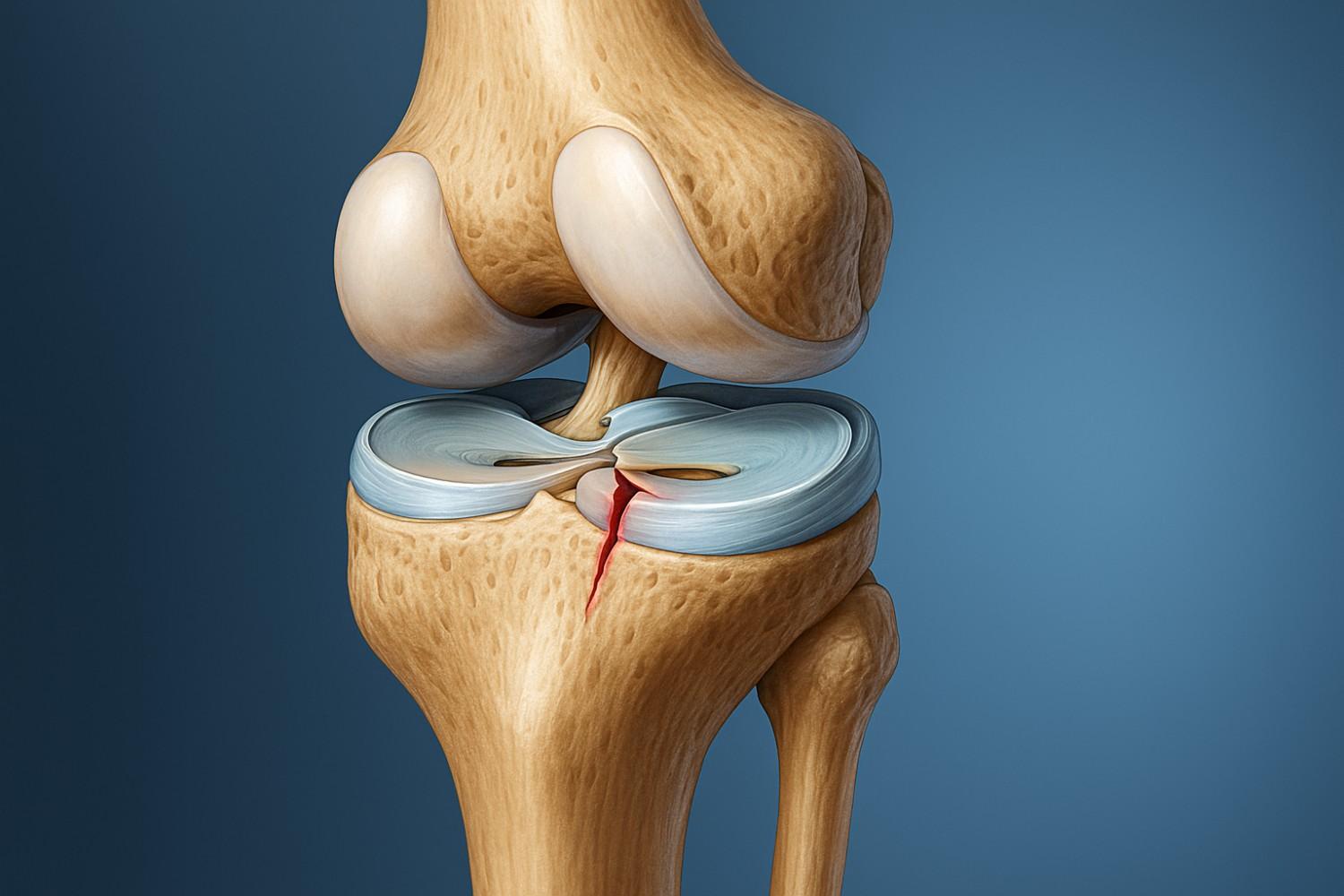
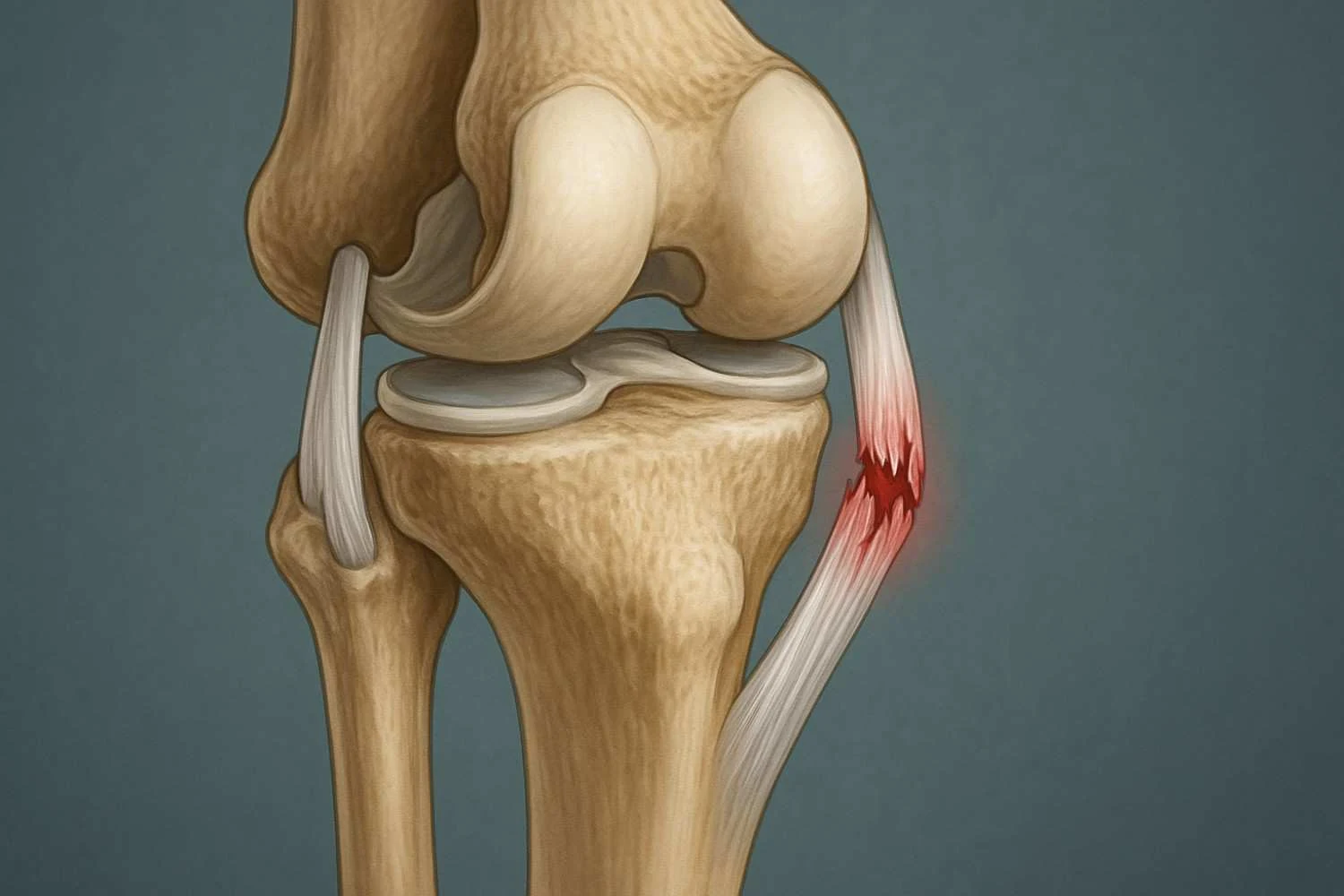

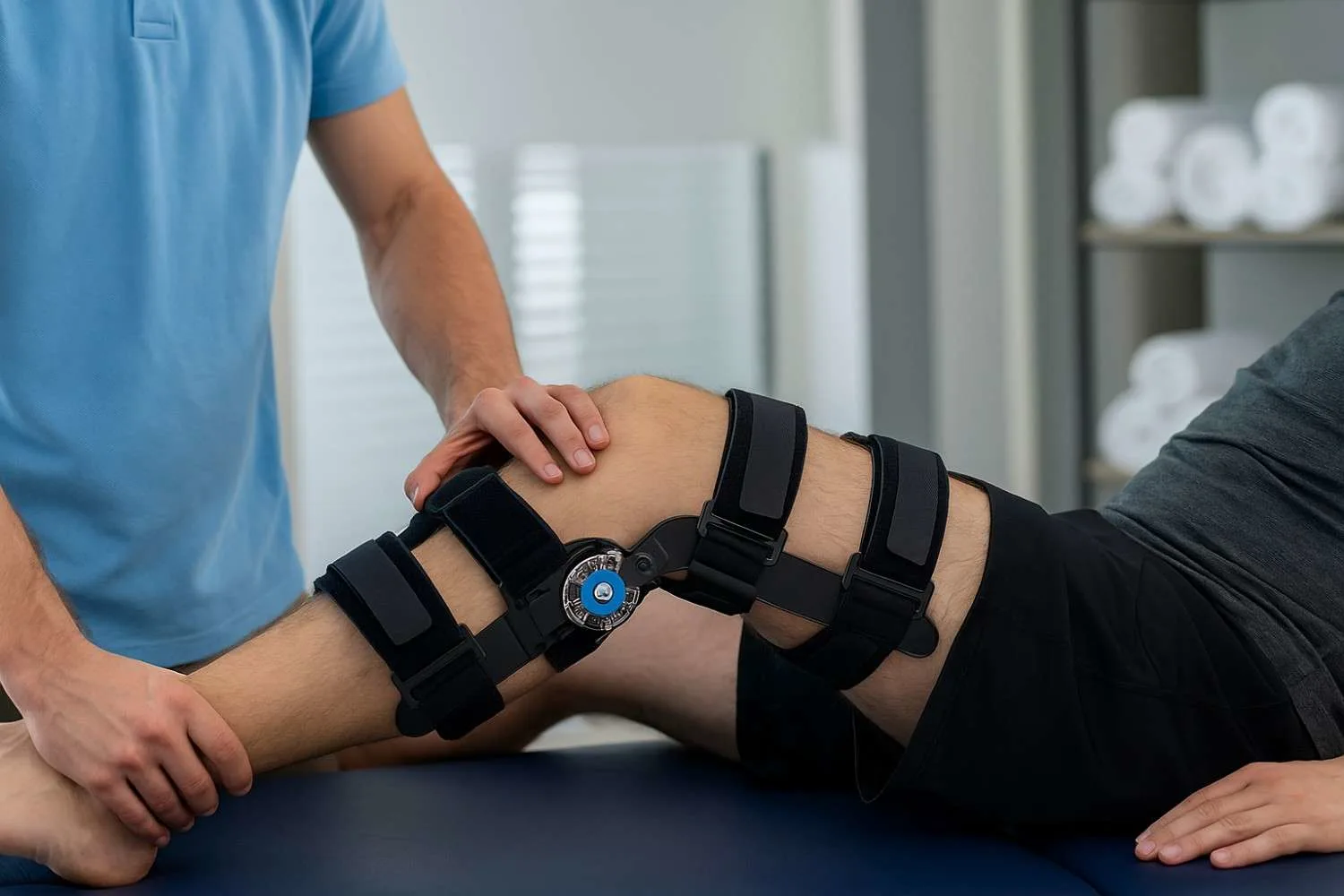
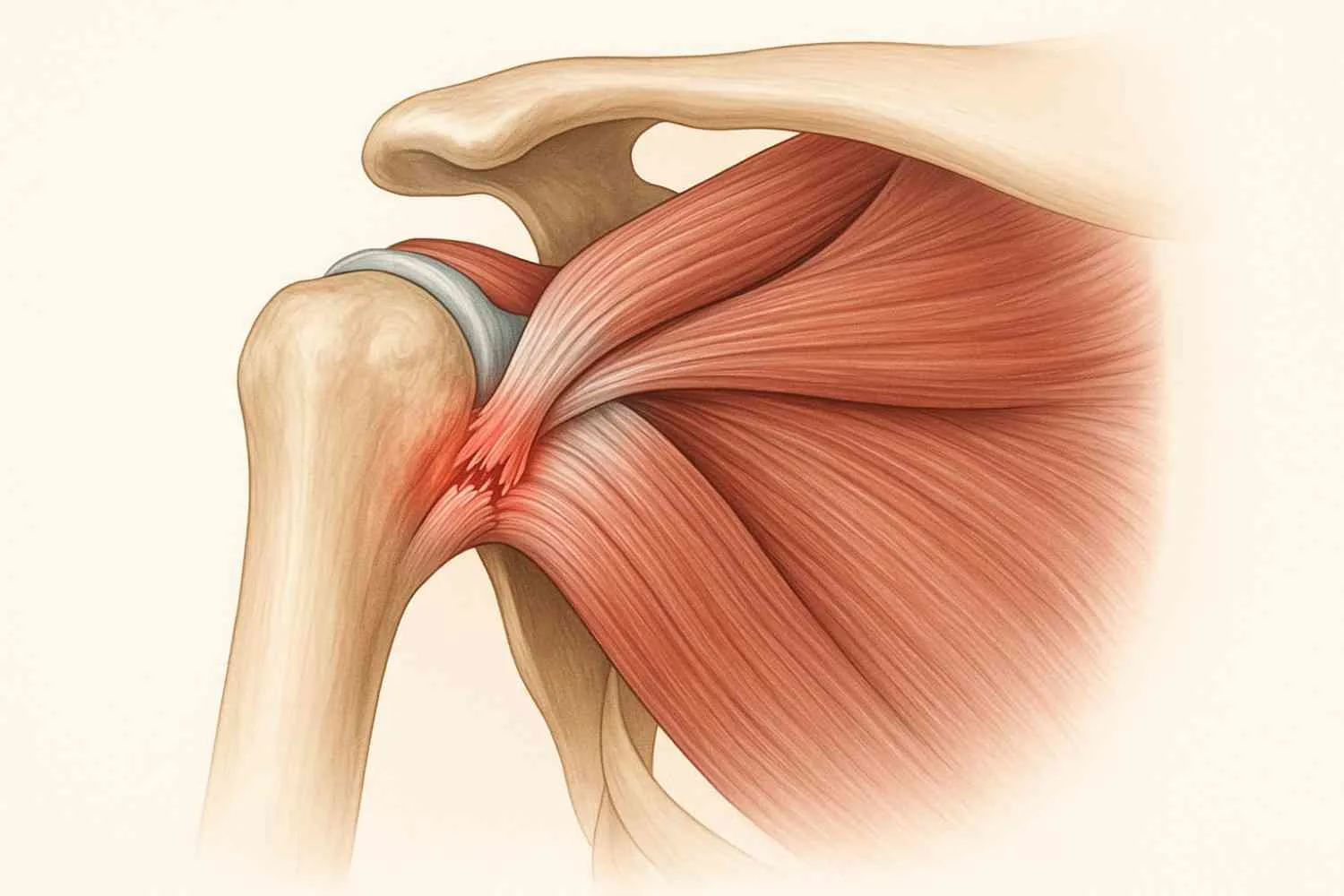
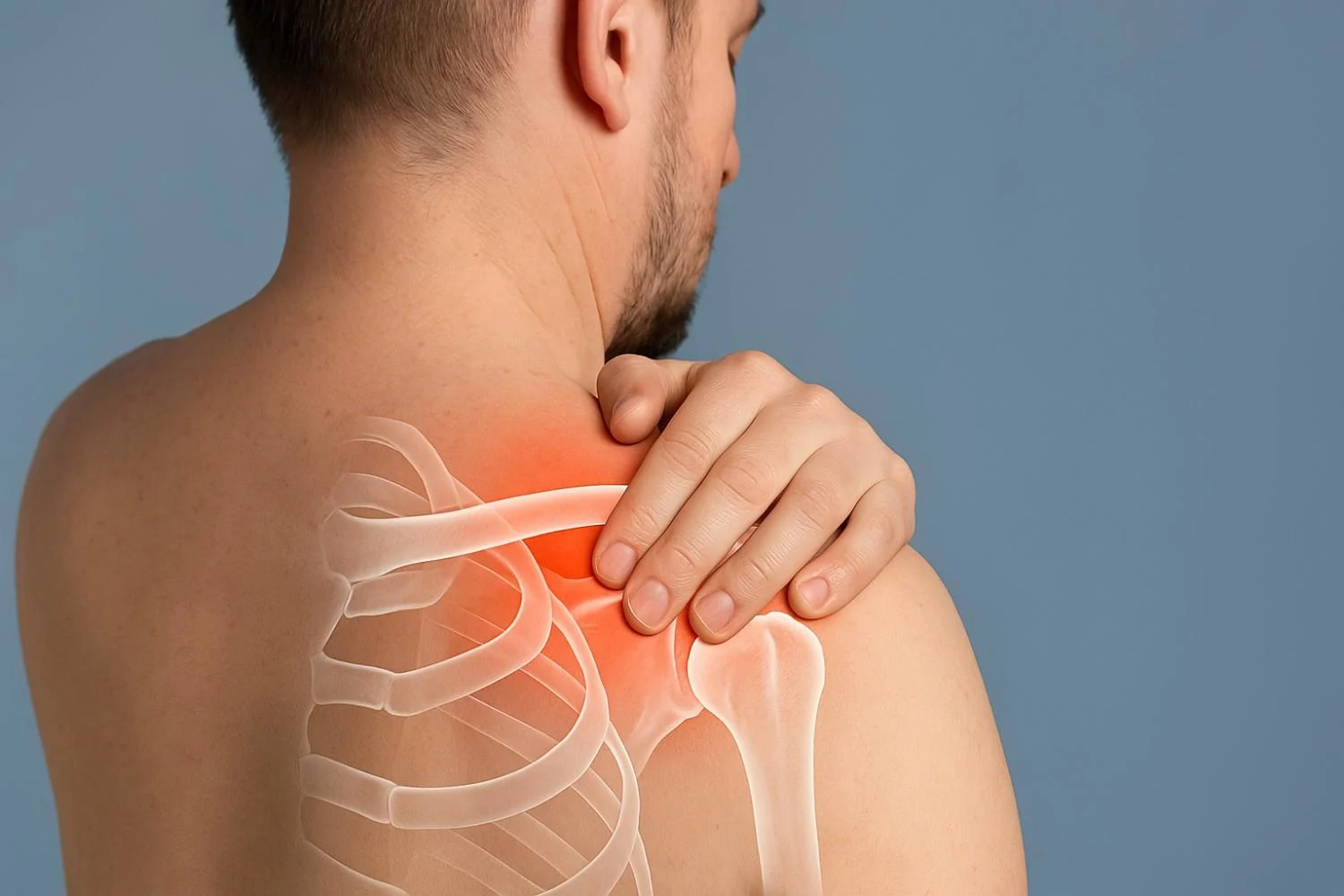




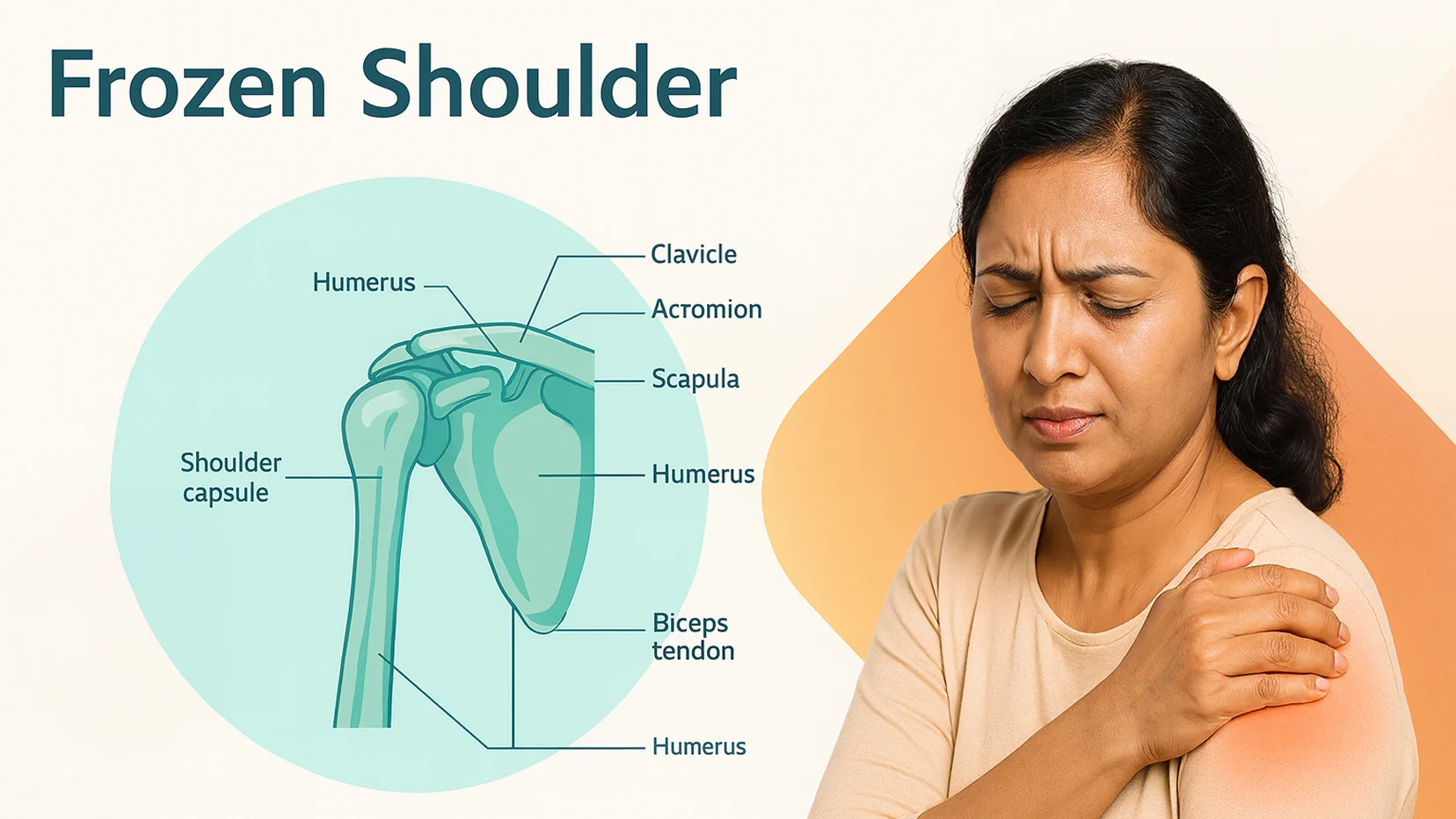



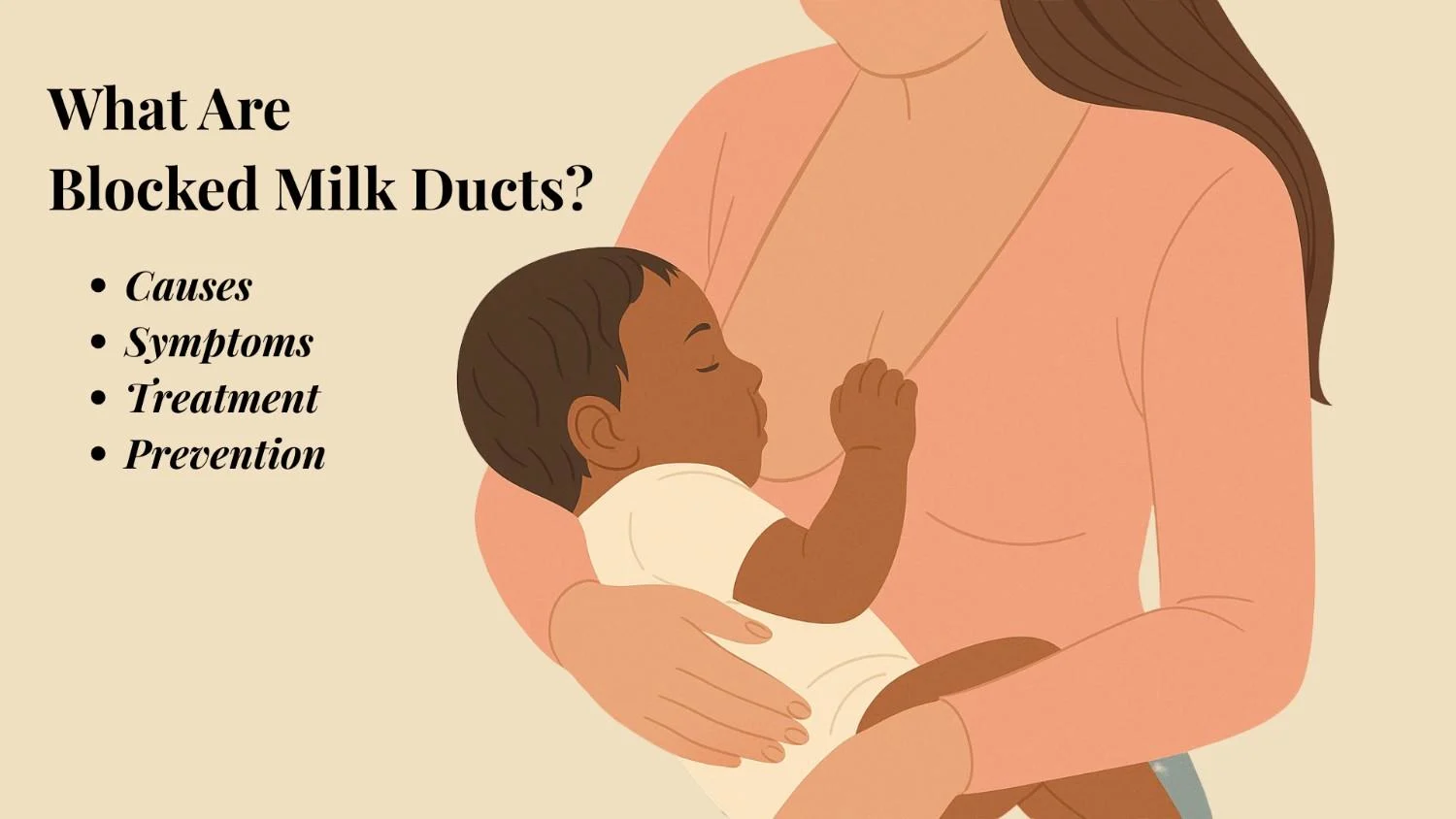
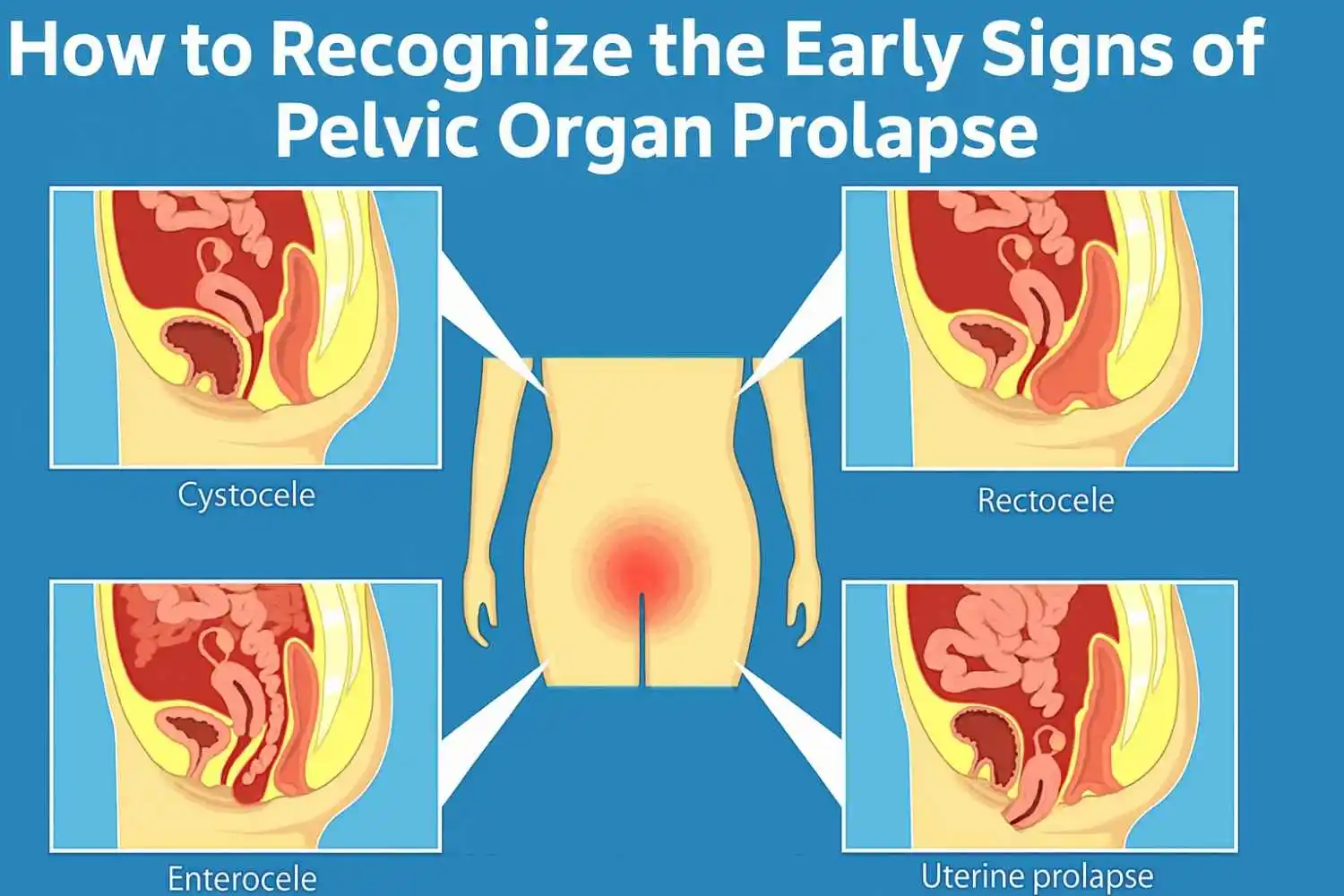
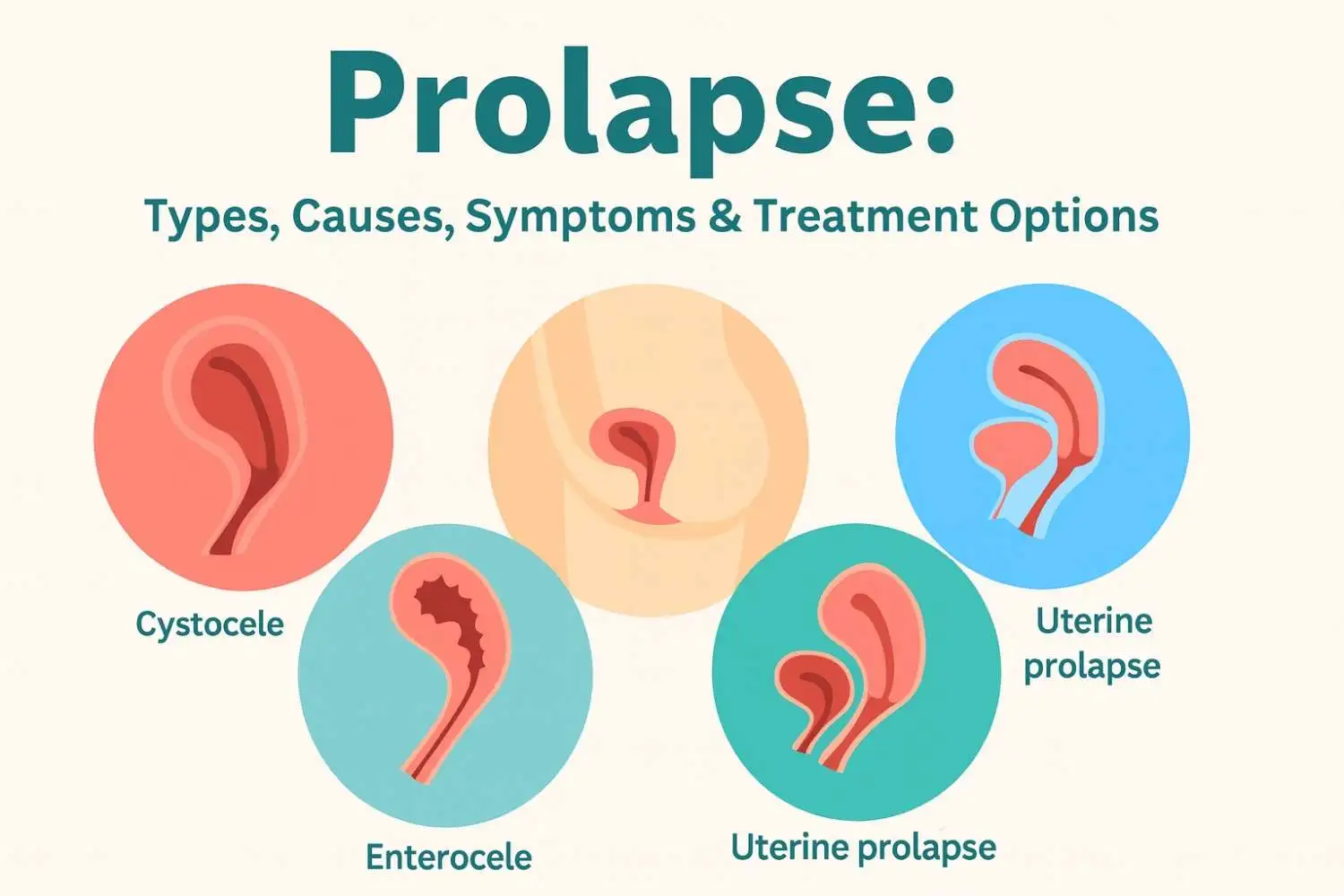









.webp)





.jpg)




































Subscribe now
Get the Latest
Updates With Our Newsletter

Copyright 2026 | Omansh.org
Website designed and developed by PulsePlay Digital

